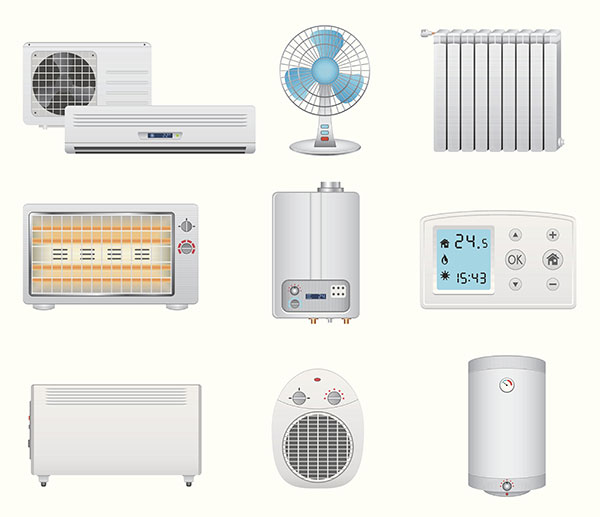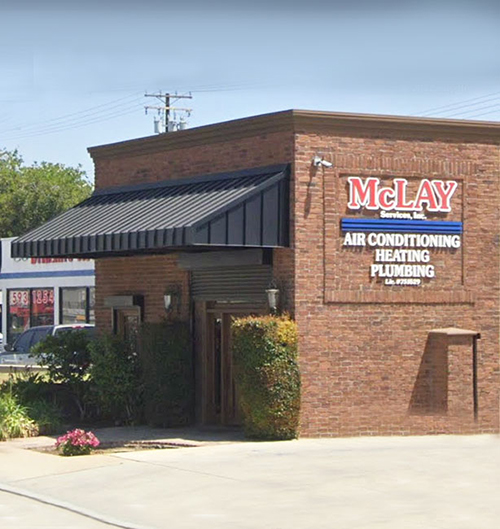If you own a commercial building, one of the biggest expenses you have to consider is the cost of installing and operating a heating system. Selecting the right product for your needs requires you to research the various types of commercial heating systems available.
Experts in the industry advise consumers to factor in the cost of maintenance when deciding which type of system to purchase. These costs vary widely depending on which system you choose. You can reduce operating costs by selecting an Energy Star system and you may be eligible to recover some of your cost in rebates. A high efficiency unit has a high AFUE, or annual fuel utilization efficiency, rating.
A heat pump is highly efficient because it does not require oil or gas. Instead, it operates much like a refrigerator. It uses refrigerant to extract heat from the air and distributes it throughout the building.
An oil or gas water HVAC system utilizes a boiler to heat up the water. The warm air is distributed to several radiators located throughout the building. This type of system is not very efficient because there is a delay in the heating process because the cool air has to clear through the system after you turn the unit on and before it can distribute warm air to the building.
A gas or oil steam heater is similar to a water heater in efficiency. The fuel boils water and condenses into steam, which circulates through the pipes. With this type of heating system, you will also experience a significant delay between the time when the boiler starts and the heated air begins circulating through the building.
A system that utilizes geothermal or solar power is environmentally friendly and more cost effective to operate over time. The downside is the high cost of installation, which makes it cost prohibitive for many small companies.
Before you buy any commercial heating system, be sure to research your options and consider equipment, installation, maintenance and operation costs so you can make an informed decision about your purchase.
Follow us to read more articles that will keep your commercial heating and cooling system running efficiently.



